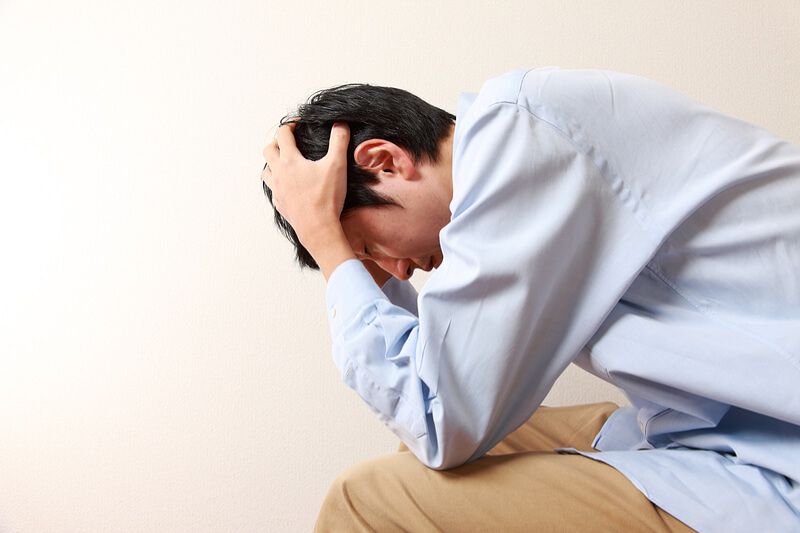
Can Insomnia Cause Mental Illness? Researchers say Yes!
Written by Cristo Rogers, Posted on , in Section Therapy News
Why America Can't Afford To Sleep on The Issue of Insomnia
We've all been there. After a seemingly endless, sleepless night of tossing and turning, you find yourself staring down the barrel of an 8-hour workday. Being Less than half awake and possessing less than half the patience it takes to suffer through that "one co-worker's" early onslaught of happy Monday morning!-greetings, you're now dangerously close to telling your boss what you truly think of his new hair piece.
Yes, we have all felt the sting of insomnia-induced early-onset crankiness (IIEOC). As painful as facing the day after a sleepless night may be, you always know you're going to be just fine at the end of the day. After all, a couple of sleepless nights here and there never hurt anyone, right? According to authors Zlatan Krizan and Anne Herlache, you'd be wrong to think so.
Krizan and Herlach, researchers from Iowa State Univerity, recently published an article in the Journal of Psychology of violence. In their publication, the two researchers maintain sleep deprivation can lead to more than a rough day at work. According to Krizan and Herlach, insomnia can actually result in devastating consequences - and with more ease than one might think.
In their report, Krizan and Herlach link Insomnia to severe symptoms, such as impaired judgment, loss of emotional control and even violent psychosis. These findings are troubling when you consider that as much as 33% of the country suffers from insomnia. What's more, some experts believe that insomnia is largely responsible for the country's deteriorating state of mental health.
The article below discusses Zlatan Krizan and Anne Herlache's findings in great detail. Read on to discover why you need your REMs and how you can overcome chronic insomnia.
To read more about the researchers' findings, click the link below:
For people who don't get the recommended amount of sleep—seven to nine hours each night for adults—the consequences can be severe. We all suffer from the occasional bout of insomnia, but research on total sleep deprivation shows that sleep debt leads to impaired judgment, loss of emotional control, reduced mental flexibility, and (at least in some cases), psychotic symptoms. Around 33 percent of Americans report loss of sleep for various reasons, so it's hardly surprising that sleep deprivation has been linked to industrial and automobile accidents, as well as judgment errors in almost any task you can name. And it's linked to a wide range of mental health problems, including depression and anxiety.
https://www.psychologytoday.com/blog/media-spotlight/201610/does
